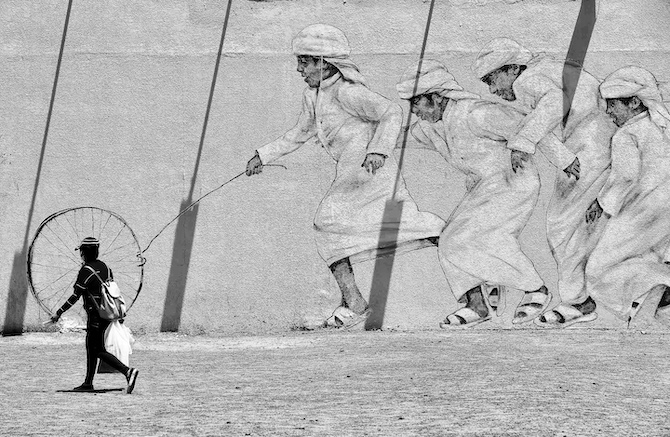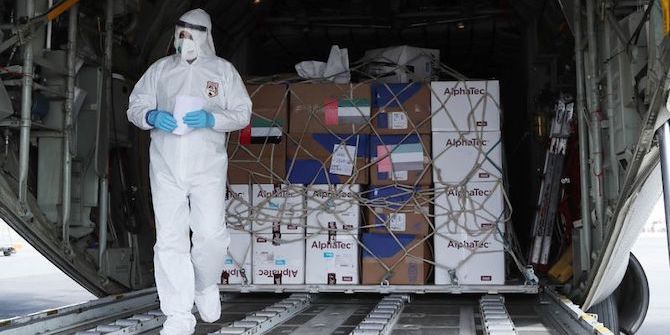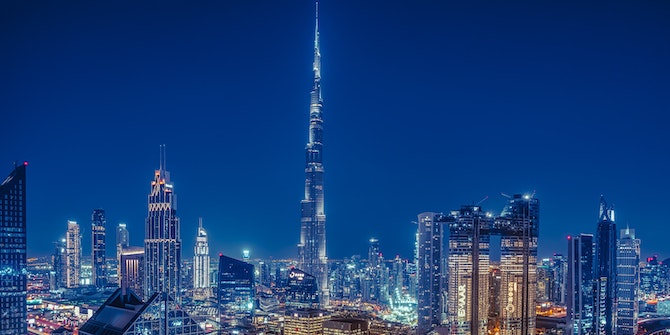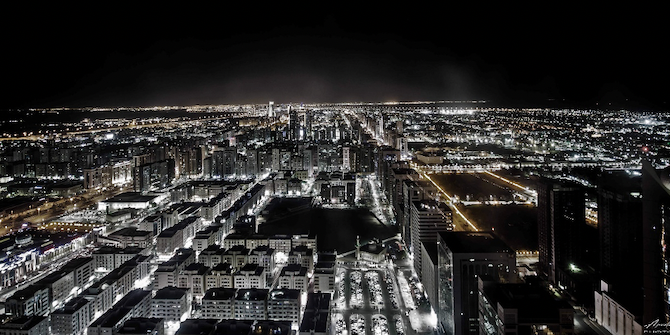by Wafa Khalfan

A recent discussion has arisen on both mainstream and social media in the UAE about the Emirati identity. Although the concern about preserving the national identity has been there, this is the first time since 2008, the Year of the National Identity, that this discussion is back in full force.
Opinions ranged between discussing the fears around a new globalised generation and claiming that Emiratiness takes over tribal belonging without providing evidence or clarity about rights and active citizenship in society. This is in a time when there are indications of the dominance of the local-level regulatory efforts, and the commercialisation of federal public services.
During the Culture Summit in Abu Dhabi, contradictory messages were shared. One perspective voiced that ‘we must never forget our roots, as they have made us who we are today’.
However, other opinions tried to unlink the Emirati culture as a whole from the historical heritage, or even the ‘passport’, which is a well-known local symbol for citizenship and rights. Such perspectives claim that all are being included ‘irrespective of religion or ethnicity’ without being careful enough of not excluding the native Emiratis; and announcing: ‘We are who we are because you are here with us’ ignoring the grandfathers who have set the foundations of the Union. This erasure of the indigenous knowledge, in a way or another, is no different than saying that the Native Americans are dead.
Away from the mainstream discourse, some perspectives used the rentier state and social contracts to explain the local changes, while others called to dismiss the insufficient rentier state approach. However, relying solely on the ‘tribal’ arguments is not realistic, when big parts of our modern tribal histories in the 18th century cannot be discussed or written for reasons similar to those that led to banning a tribal TV series in Saudi Arabia.
‘Your Country is Too Young’
Most of the recent discussions mentioned above, even when voiced by Emiratis, do invite a superficial version of multiculturalism as they clearly eliminate the indigenous voice. When speaking about ‘national identity’ or the notion of ‘Emirati-ness’ as coined by some, it is necessary to pay attention to the fabric of the Emirati society itself. Focusing heavily on the foreign policy aspects or continuing to see local issues from the regional lens of the Arab Spring alone, is not valid anymore.
Many would come to justify the current situation by the rapid economic changes since the establishment of the UAE, repeating the statement: ‘your country is too young’. This patronising argument does minimise the Emirati identity to include only 50 years of history, since the assumed departure of the British. This is unacceptable, in discussions around the cultural identity, as it encourages the erasure of the heritage of our ancestors in the process, and ignores parts of history which included lots of suffering and survival that the people carry in their DNA.
Who Has the Social Sovereignty?
The assumption that the Emirati population is the dominant group in the job market, for example, or the wider contemporary society is misleading and dangerous. The daily lived experience of individuals may prove the opposite, as many of them struggle to secure a job. Such stereotypes make them prone to unhelpful prejudice.
The escalating resentment and envy against the native population, that is assumed to be enjoying all the privileges even when they are not, may result in cultural oppression practices. Most international diverse populations may not bother to learn more about the people of the country. All of this creates a toxic environment that facilitates cultural oppression of the natives. The unemployment of Emiratis, and many other institutional and corporate practices under the umbrella of Emiratization, mark the early manifestation of the erasure of the indigenous, and flag the need for urgent policies.
How Can We Deal With It?
The first step in decolonising the discourse around the Emirati identity is to stop erasing the history and heritage of the Emirati individual before the 1970s, whenever we discuss the cultural and national identity. Being more inclusive of the historical diversity within the Emirati population itself is needed, instead of generalising a stereotypical image that eliminates the voice of the Emirati individual and flattens our identity, assuming we are a dull population of carbon copies.
From a sociocultural perspective, instead of the ‘Emirati Identity’ I suggest ‘The Identity of the Emirates’. The Emirati identity, although not constant and responds to the evolving popular culture, is still deeply rooted in heritage and history. This is different from what the recent discussions focus on: ‘the identity of the place’.
To survive, Emirati individuals need to burst their own bubble sooner than later, and shift from nostalgia to the reality of the matter. The purpose should always be to make informed choices that would help them survive the potential consequences of cultural imperialism and globalisation, as they have already become the less valuable human-capital in the job market. A comprehensive assessment of needs for social development tools will improve the chances for the early elimination of systematic discrimination against the natives. Policy makers in all sectors which implement DEI policies (Diversity, Equity, & Inclusion) should consider Emiratis as an indigenous group that deserves social equity, to replace the contemporary fake image of being financially or socially privileged. This cannot be achieved without establishing a local arena for discussions that matter, by rejuvenating local journalism and a conscious mainstream media reform.
[To read more on this and everything Middle East, the LSE Middle East Centre Library is now open for browsing and borrowing for LSE students and staff. For more information, please visit the MEC Library page.]







The Emirates before the seventies and beyond were not formed as a state with an identity limited to the scope of a tribe or nationality, but rather it was formed from several cultures whose identity was Indian, Persian, Yemeni, Baluchi, Omani and British, and let us not forget the mixed marriages that increased since the sixties of the twentieth century, as this contributed to the emergence of a hybrid culture among this group. These cultures formed the Emirates before the federation until today. Therefore, it is difficult to say that the Emirates can form a state identity or a national identity, or that there is an indigenous population. In the Emirates there are only citizens and foreigners, and there is no indigenous component, and this mixture of cultures needs support to produce a national Emirati culture.